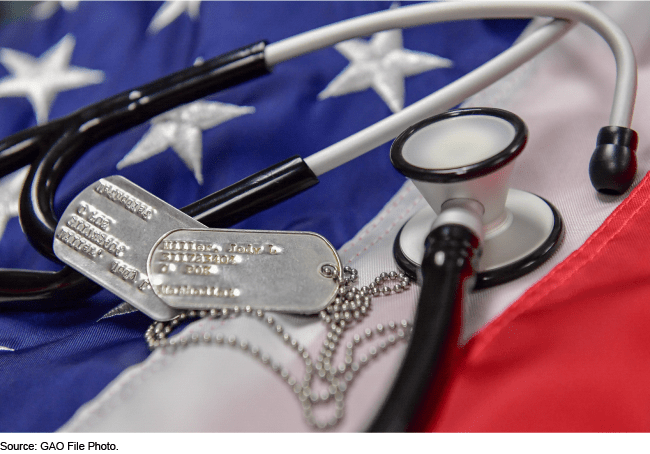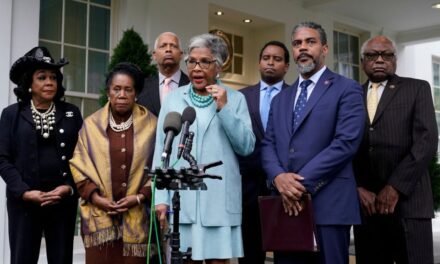By Zenitha Prince,
Special to the AFRO
With an eye toward reducing cancer rates among U.S. veterans, the Department of Veteran Affairs recently announced new steps to expand preventive services, health care, and benefits for the more than 1 million veterans on its cancer care roster.
The policies are offshoots of the Biden administration’s Cancer Moonshot initiative, which seeks to mobilize nationwide efforts – both private and public – to end the scourge of cancer.
“Cancer impacts far too many veterans every year, and under President Biden’s leadership of the Cancer Moonshot, we are fighting to end cancer as we know it,” said VA Secretary Denis McDonough in a statement. “These steps will help us save lives and provide the world-class care and benefits that veterans with cancer so rightly deserve.”
Among the new steps, the VA will add urethral cancers to the list of 300-plus conditions considered presumptive under the PACT Act – legislation that expands benefits and extends eligibility for veterans exposed to Agent Orange, burn pits, and other hazards while serving at home or abroad – within the next three months. This means that Gulf War and post-9/11 veterans who deployed to Iraq, Afghanistan, Somalia, Djibouti, Egypt, Jordan, Lebanon, Syria, Yemen, Uzbekistan, and the entire Southwest Asia theater of operations will not need to prove that their service caused their urethral cancer to receive benefits for it. Instead, the VA will automatically connect those vets to needed services and approve benefits for those who have submitted claims.
The VA also plans to expand access to genetic, lung, and colorectal cancer screening for veterans. About 5,000 veterans die from lung cancer every year, so to stem that tide, lung cancer screening will become available at all VA medical facilities. Additionally, the agency will provide more than 1 million veterans with home-based tests for colorectal cancer – the second leading cause of cancer deaths in the U.S. Genetic testing will also boost the VA’s efforts to identify veterans who may be predisposed to certain cancers and to treat – and, hopefully, cure – individual cancer cases.
The agency will also step up its efforts to provide smoking cessation services to veterans across America, including a pilot program that would integrate services to combat smoking into lung cancer screening.
“VA is planting the seeds for the future of cancer care,” said VA Under Secretary for Health Dr. Shereef Elnahal. “By investing in screenings, expanding access, and embracing cutting-edge technologies, VA is revolutionizing cancer care delivery, providing the best care possible to our nation’s heroes.”
The VA’s recent actions expand upon previous initiatives by the Biden White House to improve cancer care for veterans. Last July, the agency expanded cancer risk assessments and mammograms (as clinically appropriate) to veterans under 40, regardless of age, symptoms, family history or whether they were enrolled in VA health care. It also prioritized claims processing for veterans with cancer, disbursing $516 million in PACT Act benefits to veterans with cancer between Aug. 10, 2022 and March 3, 2024. The VA has also screened more than 5 million veterans for toxic exposure, among other steps.
Since its inception, Biden’s Cancer Moonshot has generated more than 60 new programs, policies, and resources all aimed at tackling cancer. Additionally more than 120 private companies, non-profits, academic institutions and patient groups have also stepped up with their own contributions.
For more information about Cancer Moonshot, please visit: https://www.whitehouse.gov/cancermoonshot/
For more information about VA cancer care, visit: cancer.va.gov.











